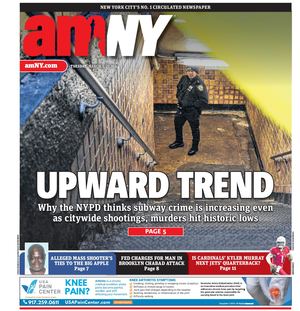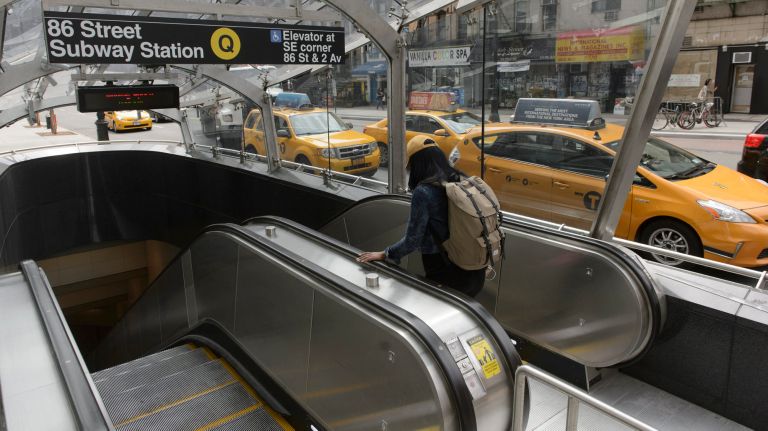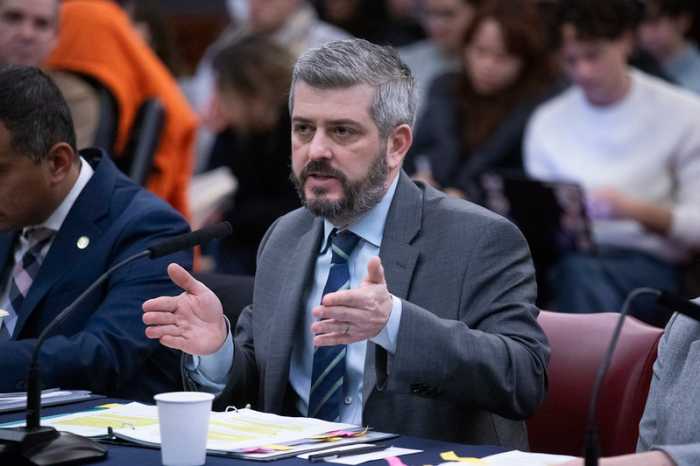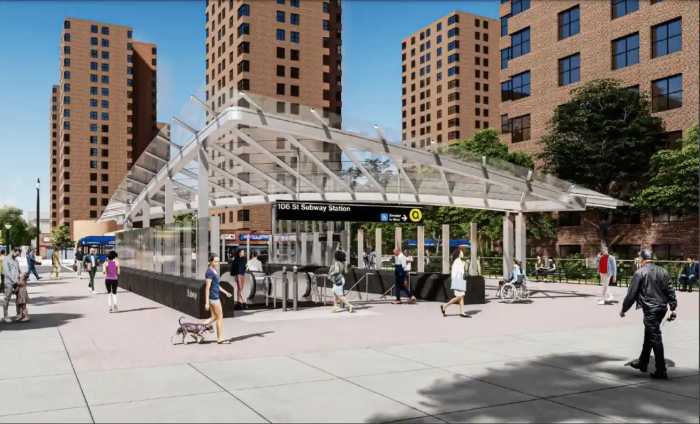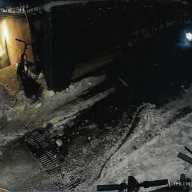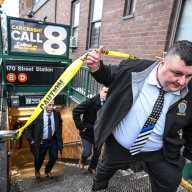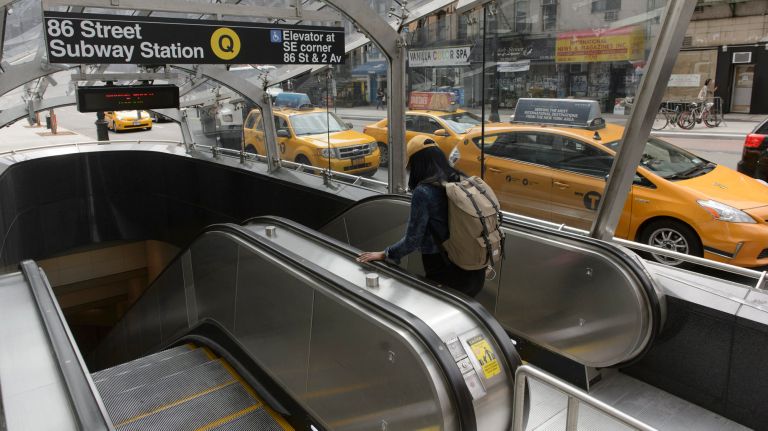
Brand-new escalators in the Second Avenue subway stations break down at alarming rates — and the MTA has no idea why, according to a new report.
Escalator performance at the three shimmery new stations of the Q line varied based on escalator lengths, equipment failures and neglect from outside contractors, the MTA Inspector General detailed in an audit published Monday.
Seven of the stations’ escalators experience unplanned outages at much higher rates than the average subway escalator in Manhattan, the IG found. And just three of the 32 escalators along the line met the MTA’s escalator performance goal for staying in service 95.2 percent of the time. One escalator, at the 72nd Street station, was out of service approximately once every two days during the last quarter of 2017.
For commuters traversing the unusually deep stations under Second Avenue, elevators and escalators are critically important, but both have been plagued by surprise outages since the excessively expensive stations opened on New Year’s Day 2017, a “disturbing” trend according to MTA IG Carolyn Pokorny.
“While escalator outages at any station frustrate and inconvenience riders, prolonged outages at the [Second Avenue subway] stations are especially troubling because the escalators there are comparatively brand-new,” Pokorny wrote in her audit letter to MTA Transit President Andy Byford. “Most concerning, though, is that NYC Transit cannot adequately explain why these new escalators are so frequently out of service.”
The audit spanned 15 months between January 2017 and March 2018, and while it didn’t definitively determine why the escalators were breaking down, it highlighted what Pokorny described as “extremely troubling” details that management at the Transit agency’s Elevator & Escalator division were not previously aware of.
For one, the escalators at 72nd Street are notably worse than those at 82nd or 96th streets, and the contractor hired to build, install and maintain the 72nd Street escalators — Schindler Elevator Corporation — has been problematic, the IG found.
Schindler failed to perform 67 percent of required preventive maintenance on those escalators during the first half of 2018. The safety sensors that detect trapped objects at each end of escalators — devices that brought relatively few problems at 86th and 96th streets — caused nearly half of the outages at 72nd Street escalators.
Despite Schindler’s troubles at 72nd Street, the company is currently under contract to build and maintain the 17 elevators and 45 escalators at the Long Island Rail Road’s East Side Access project, which will expand railroad service to the east side of Manhattan.
The audit also found that the nine escalators across the stations classified as “very long,” that is, between 68 and 78 feet, on average broke down nearly double the rate of any other escalator.It also took issue with the MTA for not coordinating escalator service with outages. For example, when a station had two escalators broken in a bank of three, the third escalator was often not running up to help riders climb out of the station.
Pokorny gave five recommendations: conduct an escalator analysis at the new stations; consider terminating contracts of bad companies; coordinate with LIRR on East Side Access; have MTA’s Capital Program Management investigate trends to improve escalator designs; and develop a plan to ensure the last functioning escalator in a bank is set to travel upward.
In its response to the audit, the MTA agreed to pursue each recommendation. Maxwell Young, an MTA spokesman, said the authority has been discussing elevator performance with Schindler since the middle of last year and has required monthly meetings with company officials to improve service.
“Senior MTA leadership, including NYC Transit President Andy Byford, are taking this issue extremely seriously and have been meeting with Schindler to hold them fully accountable and to make clear that their failure has put future work with the MTA at risk,” Young said in a statement.
Greg Ergenbright, Schindler’s CEO of U.S. operations, said in a statement that the company has worked with the MTA to develop an action plan that is leading to more reliable escalator service.
“We recognize the vital role this equipment plays in the daily lives and commutes of New Yorkers,” said Ergenbright, “and we are fully committed to ensuring that we deliver the best possible service to the riders of the New York City transit system, now and in the future.”
